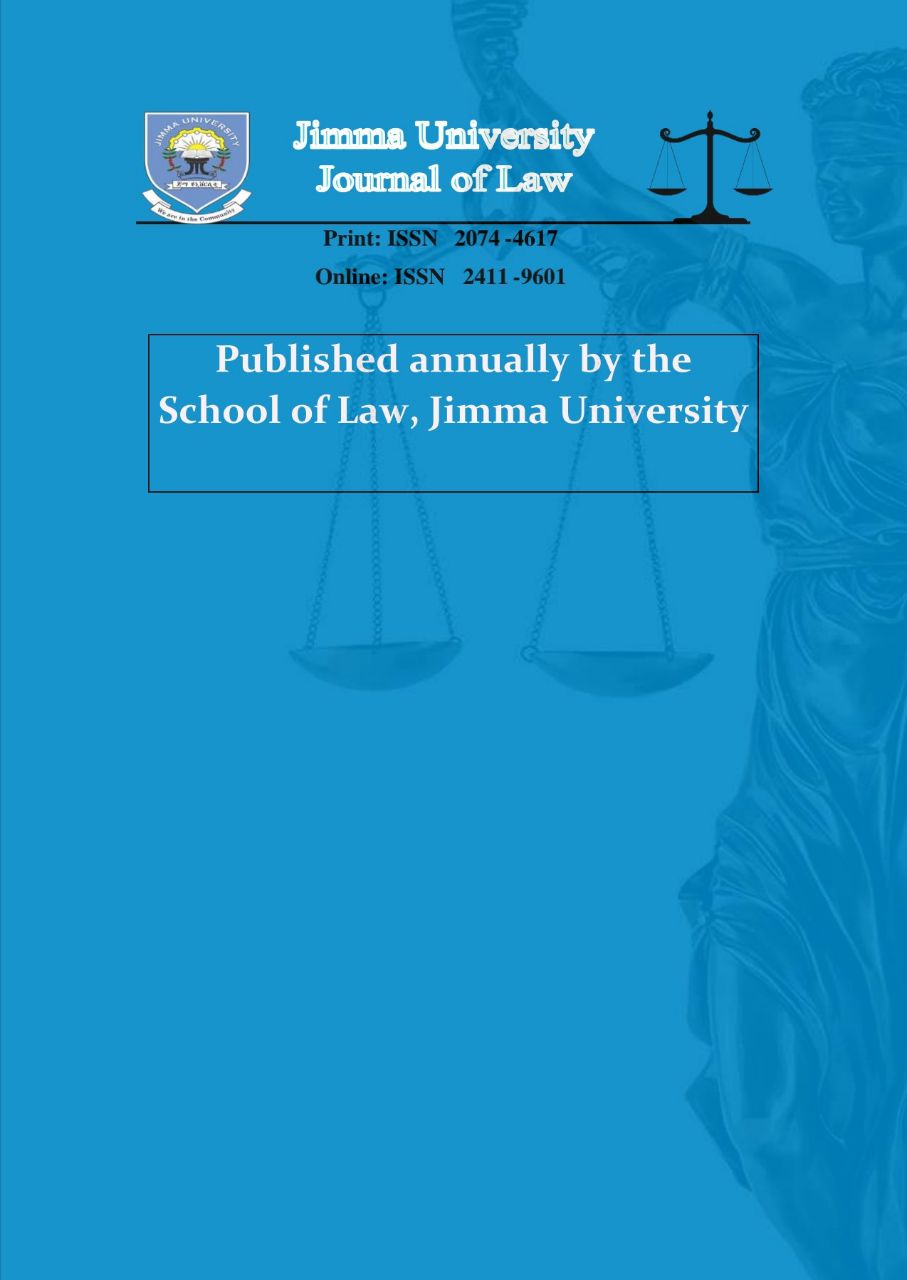POST-2018 JUDICIAL REFORMS IN FEDERAL COURTS OF ETHIOPIA AND THEIR IMPACTS ON JUDICIAL ENFORCEMENT OF HUMAN RIGHTS
Abstract
The judiciary plays an important role in the adjudication and enforcement of human rights, among other things, by ensuring a fair and impartial administration of justice and awarding remedies for human rights violations. Various jurisdictions have undertaken judicial reform to adapt to evolving legal norms, enhance access to justice, and improve the overall efficiency of the judicial system. A reformed judiciary that addresses judicial inefficiency and independence is the one that is empowered to protect and enforce human rights. Therefore, judicial reform can be considered an important tool to empower the judiciary, which in turn enhances judicial efficiency, access to justice, and judicial independence. Judicial inefficiency and a lack of judicial independence, manifested in different ways, were the main causes that helped initiate judicial reform in many jurisdictions. The Ethiopian federal judicial system is not an exception to this; issues of lack of judicial efficiency and independence and problems related to access to justice have been the causes of past and ongoing judicial reforms in federal courts. In Ethiopia, previous judicial reforms in federal courts attempted in the years 2005–2015, were unsuccessful. There are also ongoing judicial reforms in federal courts, mainly in the post-2018 period following some legal and political reforms. This article doctrinally examines the post-2018 judicial reforms in federal courts and their impact on the judicial enforcement of human rights. A critical analysis of the law and other relevant documents shows that the post-2018 judicial reforms in federal courts are not successful, have not transformed the federal judiciary into an independent, accountable, and efficient judicial institution, and have not enabled federal courts to adjudicate and enforce human rights effectively.




